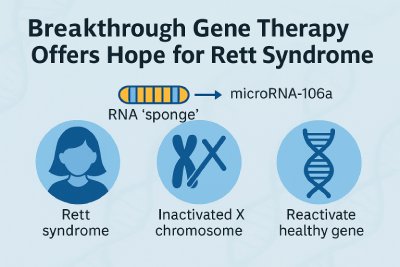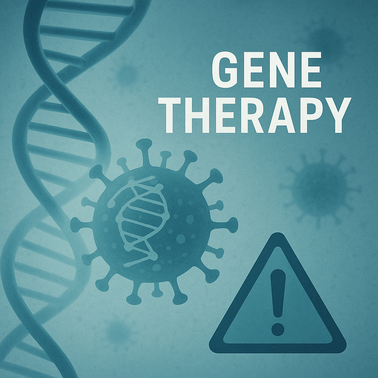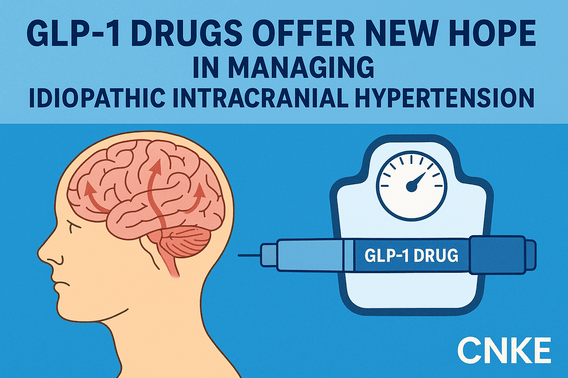A new study from the University of Michigan is breaking fresh ground by using artificial intelligence to better support neurodivergent children in physical activity programs.
Researchers from U-M’s School of Kinesiology, led by exercise physiologist Dr. Rebecca Hasson, have adapted their home-based physical activity program, InPACT (Interrupting Prolonged Sitting with Activity), to meet the unique needs of children with autism and other neurodivergences. Their findings were recently published in Frontiers in Physiology.
Originally developed during Michelle Obama’s "Let's Move!" campaign, the InPACT program introduced brief three-to-four-minute "exercise snacks" into children's daily routines. Implemented across 25 Michigan schools, the program quickly expanded during the COVID-19 pandemic, reaching thousands of children via the Michigan Learning Channel.
However, researchers recognized that traditional exercise instructions did not adequately serve neurodivergent children, who often face challenges with body awareness, sensory processing, and multistep instructions.
Dr. Haylie Miller, a developmental psychologist and assistant professor of movement science, emphasized that neurodivergent children might find conventional exercise directions overwhelming or inaccessible without adaptations.
In response, undergraduate researcher Tania Sapre initiated the innovative use of ChatGPT to help restructure instructions across 132 exercise videos, comprising over 500 distinct activities.
The team carefully designed prompts for the AI, such as:
"Provide simplified step-by-step instructions for a jumping jack, suitable for a neurodivergent child."
The AI-generated outputs were meticulously reviewed by the team to ensure they met the program’s "Three C's"—Consistency, Conciseness, and Clarity.
The adaptations focused on simplifying language, breaking movements into clear steps, and using consistent terminology across activities. The overarching goal: to make physical activity inclusive and supportive for all learners, aligning with the principles of Universal Design.
Regional health coordinator Alanna Price, who contributed to the revisions, highlighted the broader importance of Adaptive Physical Education:
"It ensures that all children can participate in physical activities modified to their abilities, promoting health, social skills, and emotional well-being."
Looking ahead, the team is developing a "starter pack" of activity play cards for children requiring foundational motor skills support. Plans are also underway to translate exercise instructions into Spanish and Arabic, ensuring broader accessibility in Michigan’s diverse communities.
Reflecting on the journey, Dr. Hasson remarked:
"If your mission is to advance opportunities for all kids to be active, then being willing to partner with others to make that happen is really important."
Reference:
Hasson R, Miller H, Sapre T, et al. Enhancing home-based physical activity for neurodivergent children: adapting the InPACT at Home program with AI and universal design. Frontiers in Physiology.
Cover Image: Klänge Pl.01 (1913) - Wassily Kandinsky (Russian, 1866 - 1944)







